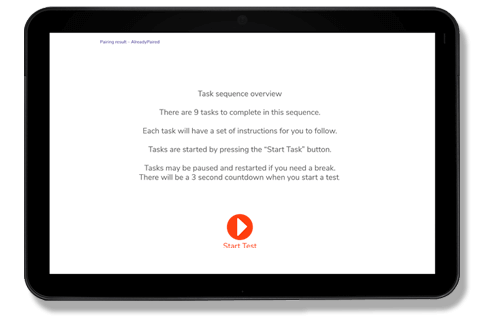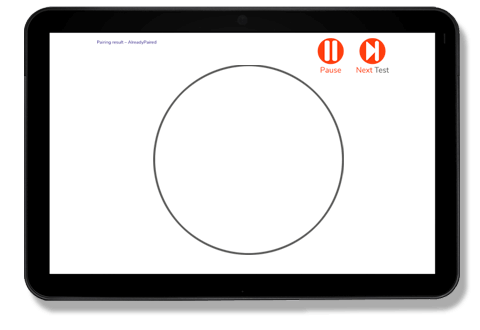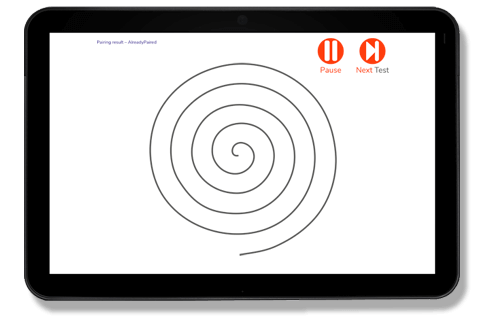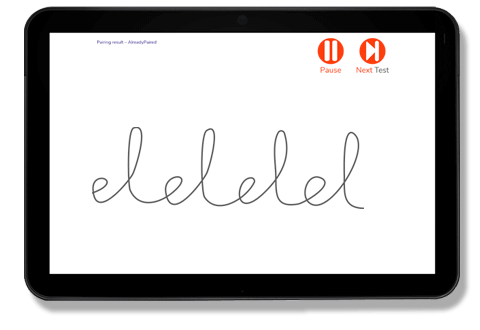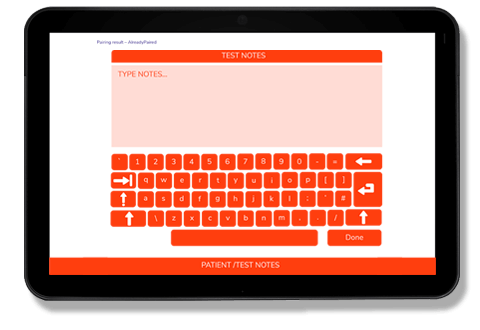Faster, simpler, differential diagnosis
The NeuroMotor Pen™
A unique technology solution
to aid the clinician understanding complex and subtle motor symptoms
that cannot be easily observed and interpreted with the naked eye
An aid to diagnosis:
Differentiating between benign tremors & Parkinson’s disease
in primary care and community screening scenarios
Differentiating between ‘difficult Parkinson’s’ & other movement disorders
in specialist clinics, reducing the need for brain scans
Non-Invasive and Digital
The NeuroMotor Pen is a unique, non-invasive, patented medical device with proven capabilities to aid a faster earlier and more accurate diagnosis and aid monitoring of neuromotor symptoms with digital record keeping.
Sensor Technologies
The NeuroMotor Pen™, with built-in highly accurate sensor technologies, combined with its analytical software, processes minute limb and hand motion parameters to quantify fine motor skills, represented by ‘motion features’.
Concise Clinically Relevant Information at the Clinician’s Fingertips
These motion features are clinically validated biomarkers and provide objective information to clinicians about movement abnormalities, including the movement symptoms that are ordinarily recorded with clinical rating scales.
In addition, complex analytics with AI components support differential diagnosis and clinical management of Parkinson's disease and other neuromotor impairments.
Streamlining Neuromotor Services
The NeuroMotor Pen™ is an innovative technology for use in triage to support general practitioners to make a more accurate assessment before referral to neuromotor specialists services to increase the efficiency of specialist services and reduce costs.
Specialists use the NeuroMotor PenTM to measure and interpret complex symptoms, including tremor, that are hardly or not visible with the naked eye, enabling a faster and more certain diagnosis, where otherwise brain scans or multiple hospital visits are required.
Investors
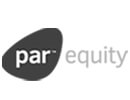


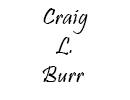
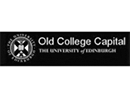
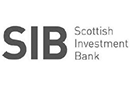
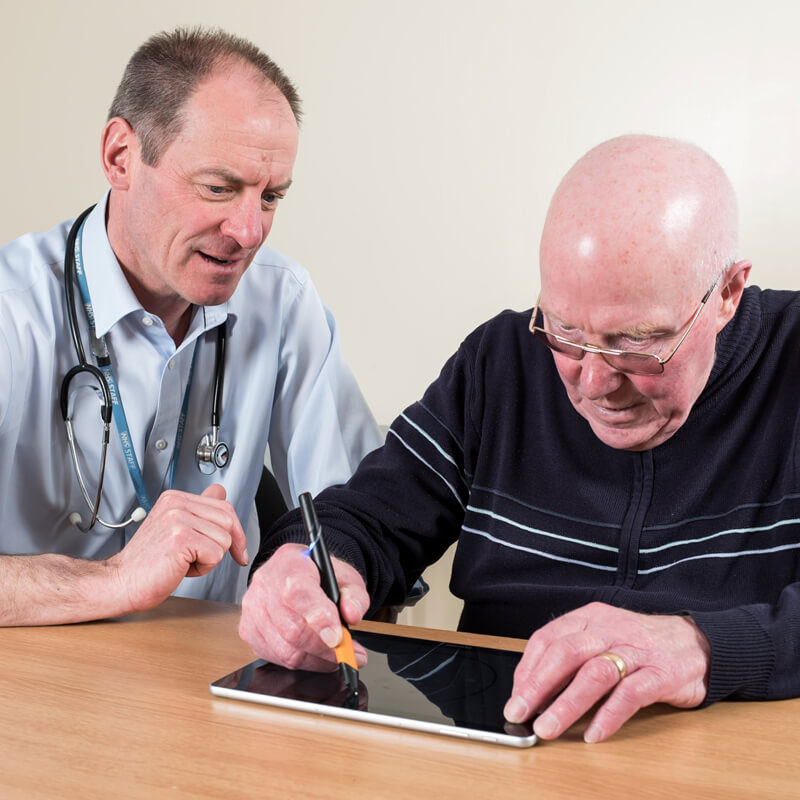
Unique enabling technology
There are many symptoms of Parkinson’s disease. However, minor changes of fine motor control of the fingers, leading to bradykinesia – slowness of motion and micrographia – small handwriting – as well as tremors are often early indicators of Parkinson's disease.
Initially, these symptoms can be very subtle and hardly noticeable. Our clinical trials along with more than 10 years of clinical research have demonstrated that the NeuroMotor Pen™ can detect these early signs with high accuracy. Similarly, subtle changes in symptoms in response to treatment can be quantified – even when not visible.
Using information gathered from a set of standardised handwriting and drawing tasks, the NeuroMotor Pen™ provides an accurate and objective patient assessment to clinicians, offering a fast, non-invasive aid to diagnosing Parkinson’s disease.
People with Parkinson's disease can have a hard time controlling movement due to the neurodegeneration in parts of the brain, which can make fine motor skills, such as dressing, eating and writing more difficult. A diagnosis with commencement of treatment often leads to a stepwise increase in quality of life.
Early detection and treatment along with lifestyle adjustments often improve general patient wellbeing and long-term health outcomes and the chance of maintaining good motor function for longer.
Making a Difference Today to people living with Parkinson’s
Parkinson’s disease is the fastest growing brain disorder in the word. There currently are at least 1 million people with Parkinson’s in the US and this number will grow to 1.6 million by 2037 with a cost burden of $79 billion.
We all know people with Parkinson’s disease and how the disease impacts lives. We all just want to end Parkinson’s and there is much to learn from the call to action in: Ending Parkinson's Disease: THE BOOK (endingpd.org) by Professors Bloem, Okun, Dorsey and Dr Sherer.
Until we are able to end Parkinson’s, we are committed to improving the lives of those living with the disease together with clinical collaborators. A fundamental restructuring of care is required with a more patient-centred approach, using digital health to support a fast and early diagnosis and optimised treatment.
The NeuroMotor PenTM technology enables to facilitate a faster diagnosis and early treatment and/or other means of support as well as supporting optimising treatment for better long term health outcomes. Together with clinicians and healthcare providers, we innovate in healthcare as well as med tech to streamline pathways.
The real size of the problem: tremor differentiation
A major challenge in our aging society with an increase in the prevalence of movement disorders, is providing a timely diagnosis and early treatment for best long term health outcomes. Many healthcare systems across the globe cannot cope with the throughput of patients.
In addition to those with Parkinson’s, there are at least 10 times more people with a tremor disorder, who are concerned about the nature of their tremor and who worry they may develop Parkinson’s. In the US alone, there are more than 10 million patients, who require regular assessment. This is more than the number of patients suffering from Alzheimer’s disease.
The NeuroMotor Pen™ is the first device capable of differentiating between a Parkinsonian tremor and other (often benign) tremor disorder
Revolutionising NeuroMotor disease detection and streamlining patient pathways
There is a need to re-engineer patient pathways to provide timely access to specialists for those who really need it.
In primary care and community screening settings, the NeuroMotor Pen™ can reassure those with benign tremors and ensure those with suspected Parkinson’s can be triaged to the right clinical specialist early on.
Manus Neurodynamica is making the NeuroMotor Pen available in both primary care and community settings in Europe to revolutionise neuromotor disease detection and monitoring.
NeuroMotor Pen™ utilities beyond Parkinson’s and tremor
Manus Neurodynamica is revolutionising neuromotor health care management across the spectrum of neurological disorders to radically improve patient diagnosis and disease management.
Schizophrenia
As side effects of antipsychotic medications lead to movement abnormalities, such as tardive dyskinesia and Parkinsonism – symptoms that mimic the movement abnormalities in Parkinson’s, Manus Neurodynamica has been investigating the use of the NeuroMotor PenTM in the application of optimising anti-psychotic drug intake. A pilot study was successful and has shown very encouraging results.
The handwriting and movement symptoms in schizophrenia patients before and after taking anti-psychotic medication can be monitored with the NeuroMotor Pen™ biomarkers to identify and rate changes and provide information about optimal dosage with a view to reduce side effects.
Dementia
Only around 68% of over 65s, estimated to have dementia, have been diagnosed. It is challenging for GPs to discern whether a memory clinic referral is essential. Nevertheless, early identification can hugely increase the chance of maintaining functional abilities and defer the point of escalation, where additional care and support is required at home or in a care facility.
New screening technologies are required and the NMP is an easily performed objective test of both cognition and fine motor skill that can aid in the diagnosis and management of those with suspected/established dementia. Innovate UK has awarded £600,000 for Manus to develop the utility with clinical opinion leaders.
Triage at primary care for early appointment with the specialist will help to streamline the care pathway and ensure all patients will receive a timely diagnosis and treated/supported earlier to develop/maintain long term cognition and positive mental habits.
Collaborators
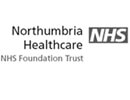

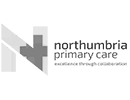
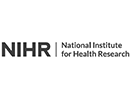
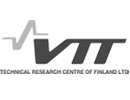
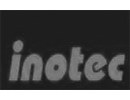

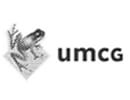
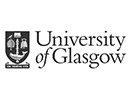
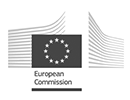
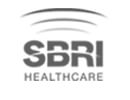
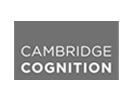
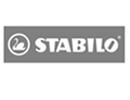
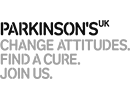

The NeuroMotor Pen can help improve the accuracy of early differential diagnosis by specialists in case of diagnostic uncertainty and help general practitioners to improve their referral accuracy and reduce unnecessary referrals to Parkinson's specialists.
Using the NeuroMotor Pen can offer a direct cost reduction for disease diagnosis as replacement for more expensive methods and assist with a timely, accurate diagnosis, that increases early treatment and avoids patient deterioration to the stage where intervention long-term care costs increase. The latter typically represents 70% of costs for Parkinson’s care.
Waiting list times for diagnosis and treatment can be reduced using the NeuroMotor Pen as less experienced clinicians and non-specialist healthcare professionals can carry out initial tests to triage patients with suspected neuromotor impairments.
Make a difference today
Our disruptive technology has the potential to be used across many applications such as screening and triage, diagnosis, drug treatment optimisation, drug development, rehabilitation and research to improve our understanding of neuromotor impairments. We are keen to continue collaborating with interested researchers, clinicians and practitioners on our research in different areas, as well as businesses for further development and rolling out the existing and new products worldwide.



